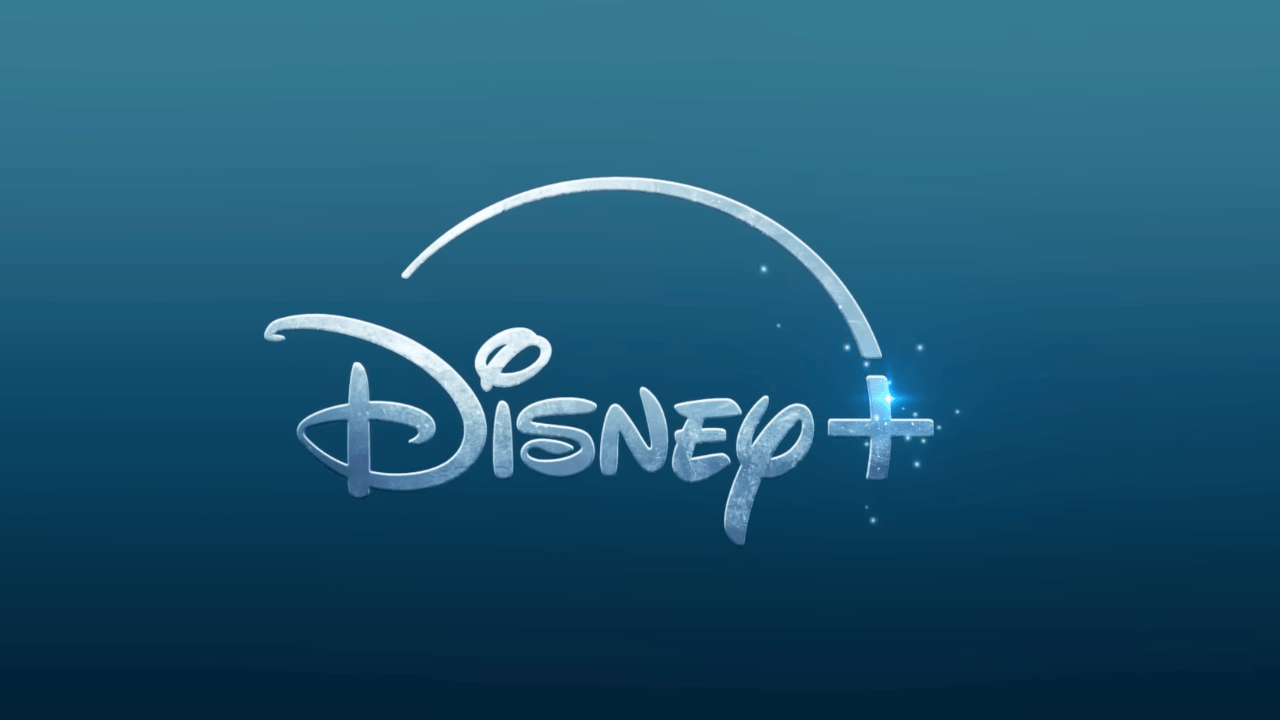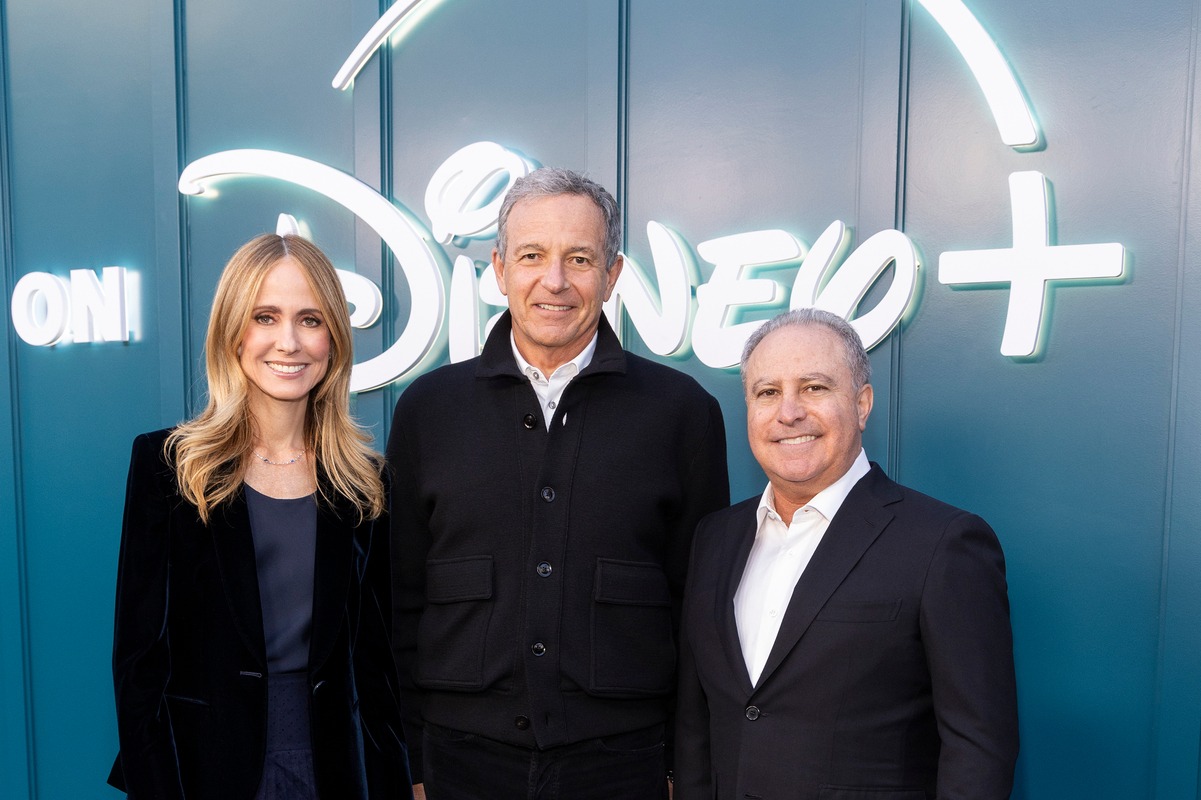
As a devoted movie enthusiast, I found myself intrigued by the latest news that Disney has brought Sling TV to court over a carriage contract dispute. The crux of the issue lies in Sling TV’s recently introduced short-term “passes,” which grant customers access to ESPN, Disney Channel, and other beloved Disney networks for as low as $4.99.
In essence, Disney claims that these passes breach their original contract. This legal battle unfolds in the Southern District of New York, shedding light on the delicate nature of content licensing agreements in the rapidly evolving landscape of streaming television. It’s a fascinating reminder of how these agreements can be stretched and tested as we navigate this digital media revolution together.
What Sling TV Rolled Out
Recently, Sling introduced three fresh offerings aimed at providing flexible access for users without requiring a monthly commitment to their $45.99 subscription package: these are temporary solutions.
- $4.99 Day Pass – 24-hour access to select networks
- $9.99 Weekend Pass – Friday through Sunday access
- $14.99 Weekly Pass – Seven-day access
Introducing, Passes by Sling. Get the live TV you love for the day, week, or weekend.
Learn more:
— sling (@Sling) August 12, 2025
Advertised as budget-friendly and adaptable, these passes were aimed at individuals looking to enjoy a major sports event or a standalone TV program without having to subscribe for an entire month. Such an offer appealed instantly to occasional viewers or sports enthusiasts who follow high-profile broadcasts.
But Disney was not amused.
Disney’s Legal Challenge
Based on court documents, it appears that Sling allegedly introduced mini-bundles without prior knowledge or authorization from Disney. The company claims that their agreement with Dish Network, which owns Sling, stipulates distribution exclusively through regular monthly subscriptions. Anything outside this, according to Disney, constitutes a breach of contract.

In simple terms, the legal case involving ESPN Enterprises and others against DISH Network is currently sealed but is anticipated to be made public within a few weeks. Disney has filed to prevent Sling from offering specific passes, arguing that these passes weaken the value of their channels as agreed upon in prior arrangements.
Disney has introduced a new, consumer-direct ESPN streaming service at a monthly cost of $29.99. However, Sling’s affordable day and weekly passes might eat into these efforts as they provide a more budget-friendly option for sports enthusiasts to watch their favorite games only when convenient.
Sling TV Pushes Back
Sling states that the lawsuit lacks any substantial grounds and has vowed to robustly protect its ability to foster innovation.
Through a public announcement, the company emphasized its focus on prioritizing consumers’ needs, asserting that today’s audience requires adaptability.
Sling stated, “We are committed to safeguarding the liberty to deliver viewers an experience tailored to their lifestyle, whenever they prefer, and according to their convenience.

The approach strikes a chord with an increasing number of people who have abandoned traditional television, often perceiving these new streaming packages as merely resurrecting the old cable system’s issues – escalating expenses, limited choices, and continuous disagreements between content creators and providers.
Why This Fight Matters
Fundamentally, the Disney-Sling dispute goes beyond a mere disagreement over $5 passes. Instead, it symbolizes a clash between two contrasting perspectives on where television is heading in the future.
- Disney’s Position: Protect established carriage deals, enforce monthly subscription models, and defend the pricing integrity of its direct-to-consumer services like ESPN+.
- Sling’s Position: Offer short-term, event-driven flexibility that mirrors the way many viewers already consume sports, news, and live television.

The situation is significant. Should Disney triumph, it might establish content providers’ power to set stringent distribution conditions in the streaming market. On the other hand, if Sling comes out on top, it could pave the way for additional services to explore flexible, pay-per-view options-an approach cable companies have long resisted.
Historical Context for the Sling Disney Lawsuit
On different occasions, disagreements over carriage have led to interruptions within the industry. Long-standing cable subscribers are well-versed in conflicts known as “blackouts,” where certain networks vanish from listings for extended periods due to contractual disagreements. In fact, Disney temporarily removed ESPN and other channels from Dish’s service during a 2022 negotiation impasse, but later reinstated them once an eleventh-hour agreement was reached.

In contrast to typical disputes about fees, this situation revolves around the question of whether streaming platforms can restructure channels in unique ways, without requiring specific consent. The interpretation of the contract by the court could establish a significant precedent, impacting every future collaboration between streaming services.
Industry Implications
There are broader consequences at play as well:
- Cannibalization Concerns: Disney’s new ESPN streaming platform is positioned as a premium product. Sling’s cheaper passes could make that offering look overpriced.
- Consumer Expectations: As streaming matures, customers expect options closer to buying a single event ticket than a month-long subscription. Sling is leaning into that demand, while Disney is resisting it.
- Precedent Setting: If Disney prevails, distributors may be more hesitant to experiment with innovative packaging. If Sling wins, content owners could lose some control over how their channels are marketed.
- Competitive Pressure: Rival services like YouTube TV and Hulu + Live TV will be watching closely. The outcome could inspire copycat products—or reinforce the dominance of the monthly bundle.
What Comes Next?
Due to the fact that Disney’s contract with Dish is currently under seal, the specifics of the agreement haven’t been disclosed to the public yet. However, once the lawsuit is unsealed, industry analysts will carefully examine the terms of the contract to determine if Sling (Dish’s streaming service) might have any leeway in a legal sense.
Disney has filed a lawsuit against Sling TV, claiming that the streaming service illegally added Disney’s channels to some of their short-term packages without obtaining proper consent.
— Pirat_Nation 🔴 (@Pirat_Nation) August 28, 2025
For now, Sling’s service is still accessible, but Disney might ask the court for a temporary halt to these passes during the ongoing legal proceedings. It’s possible that the judge could encourage both sides to negotiate a resolution instead, similar to what often occurs in such disputes over broadcast agreements.
Either way, this case is shaping up to be one of the most significant streaming battles of 2025.
The Bottom Line
Disney initiated a lawsuit against Sling TV, aiming to prevent the offering of small, $5-$15 packages that Disney believes violate their existing agreement. Sling TV contends this move is an innovative approach for benefiting consumers, while Disney expresses concerns about potential undervaluation of its networks and its own direct-to-consumer ESPN service.

The disagreement involves multiple lawsuits and centers around the future format of streaming TV. It’s about whether consumers should have greater freedom to choose their channels individually (à la carte), and if established media giants can still call the shots in an era when viewers prioritize flexibility above all else.
Read More
- Золото прогноз
- Прогноз нефти
- Доллар обгонит колумбийское песо? Эксперты раскрыли неожиданный сценарий
- I Love The Simpsons, But I Have Mixed Feelings About This Sequel Movie
- Spy X Family Season 3 Episode 2 Release Date, Time, Where to Watch
- The Mandalorian & Grogu Trailer Just Broke A 47-Year-Old Star Wars Rule
- Welcome To Derry: Who Clint Bowers Is & How He Connects To The It Movies
- Евро обгонит шекель? Эксперты раскрыли неожиданный сценарий
- Серебро прогноз
- Scarecrow Is The Perfect Villain For Andy Muschietti’s DCU Batman Movie, Here’s Why
2025-08-28 21:59